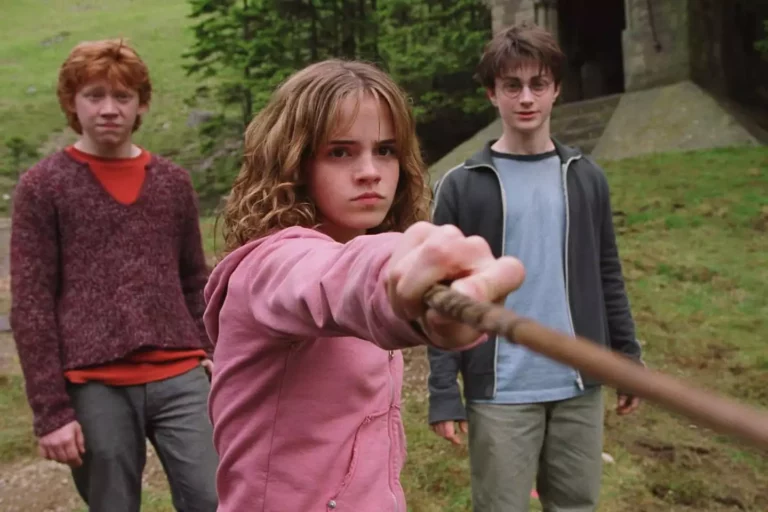Emma Watson, renowned for her role as Hermione Granger in the globally celebrated Harry Potter film series, alongside Daniel Radcliffe and Rupert Grint, has worked under the direction of four different directors throughout the franchise’s eight films. Yet, it was her experiences with director David Yates that brought both extreme challenge and profound appreciation for her craft.
The Harry Potter series, which began with Chris Columbus and concluded with David Yates, is a cornerstone of modern cinema, adapting J.K. Rowling’s beloved books into a visual spectacle that has left a lasting impact on fans and the film industry alike. The transition between directors brought distinct styles and visions to the forefront, but Yates’ approach, particularly in the final films, was marked by a desire to portray vulnerability through physical hardship.
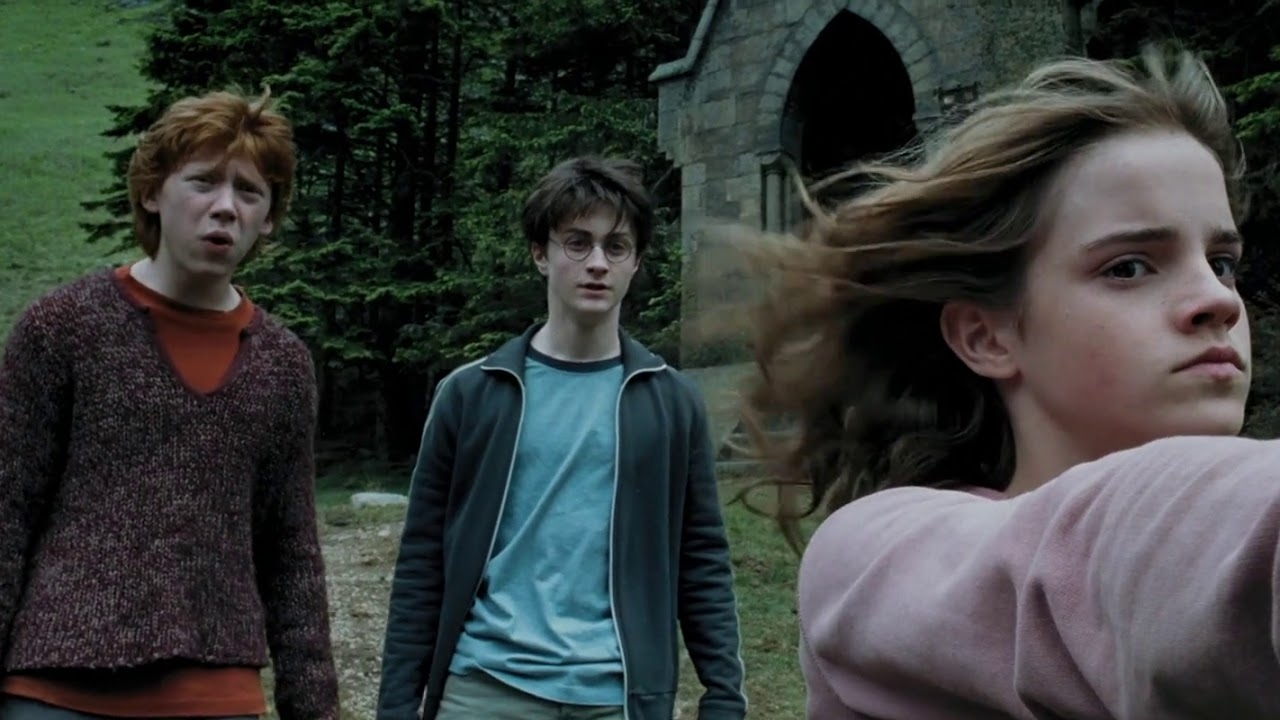
A Director’s Vision for Authenticity
David Yates, who took over the directorial helm starting with Harry Potter and the Order of the Phoenix, pushed the boundaries of his actors’ endurance, particularly during the filming of Harry Potter and the Deathly Hallows: Part One and Two. These films, which depict the trio’s arduous journey to destroy Voldemort’s Horcruxes, were shot under conditions that were intentionally challenging to evoke a genuine sense of struggle and desperation.
“I was begging with [Yates] some days and he just said ‘It just looks so much better that you guys look so much more vulnerable and that it’s so much realer that you guys, you are heroes but at the same time you kind of just look like these…'”
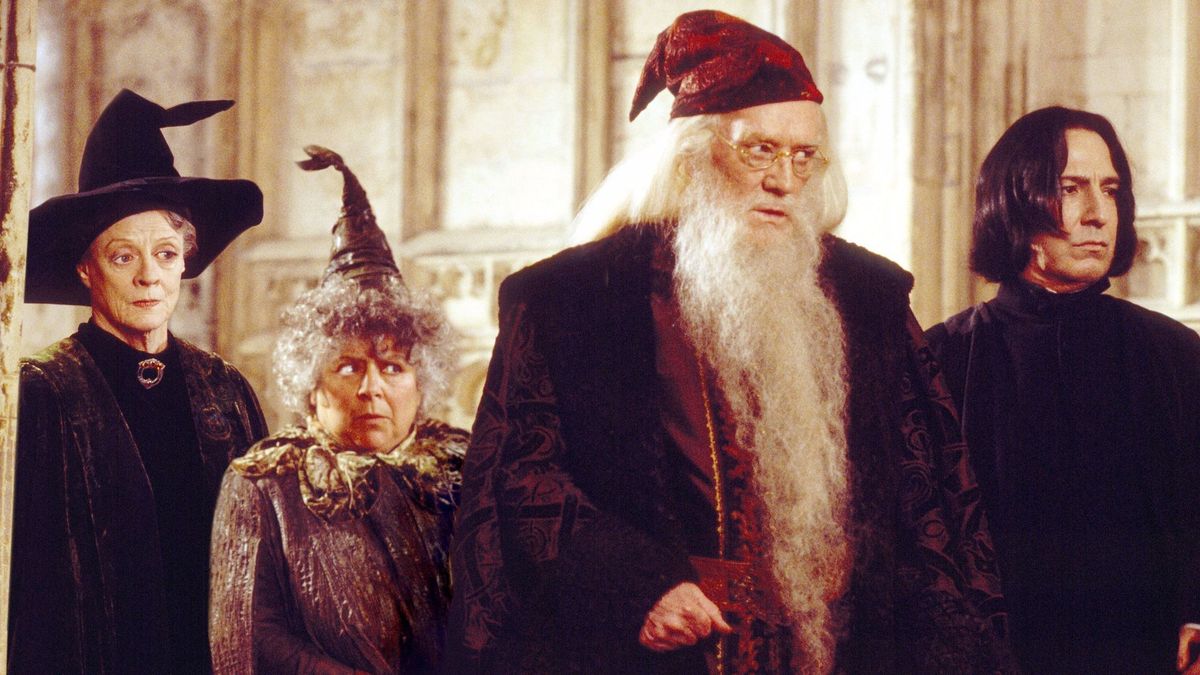
Watson recounted. Her frustration was palpable, yet she acknowledged, “It looks great on screen.”
Despite the demanding conditions, Watson expressed a deep appreciation for Yates’ directorial decisions, which significantly contributed to the authenticity of their performances.
“We look like these bedragled, kind of unlikely heroes. So it works, but God there were days where I just wanted to kill him,” she jokingly added.
Transformation of Hermione Under Yates’ Direction
The evolution of Hermione Granger over the series is notable, with Yates’ films showcasing a significant transformation in her character. Under his guidance, Hermione emerged from what Watson described as earlier portrayals that felt like “parodies” of her character into a more nuanced, human, and relatable figure.
“David really wanted a really honest performance. It was really nice to play—I feel like earlier on I played a parody of myself or like a kind of a real character, she was kind of this big personality and she’s developed into something much more human and organic,”
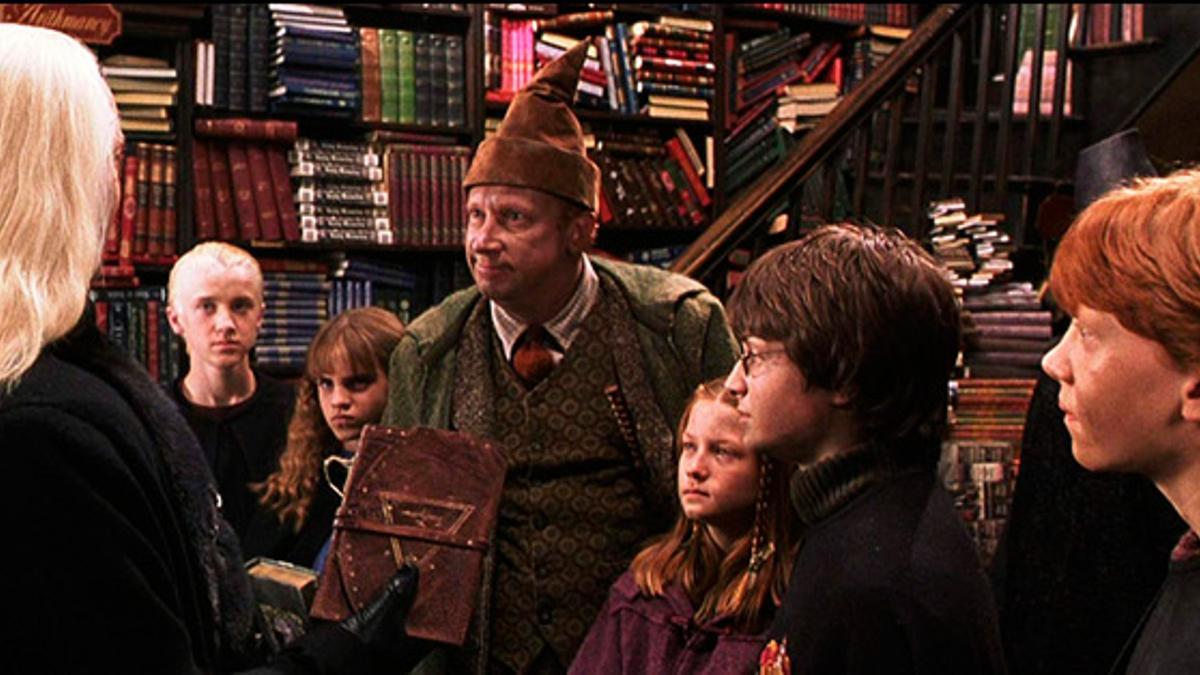
Yates’ influence extended beyond just the physical performances. He was instrumental in drawing out deeper emotional responses and a more grounded reality from the young actors, culminating in a finale that was both epic and profoundly personal.
Legacy of the Harry Potter Films Under David Yates
The critical and commercial success of the final Harry Potter films under Yates’ direction underscored his ability to balance spectacular magical elements with intense, character-driven drama. Harry Potter and the Deathly Hallows: Part Two, in particular, achieved a high rating of 8.1/10 on IMDB and a 96% approval rating on Rotten Tomatoes, reflecting both fan and critic approval.
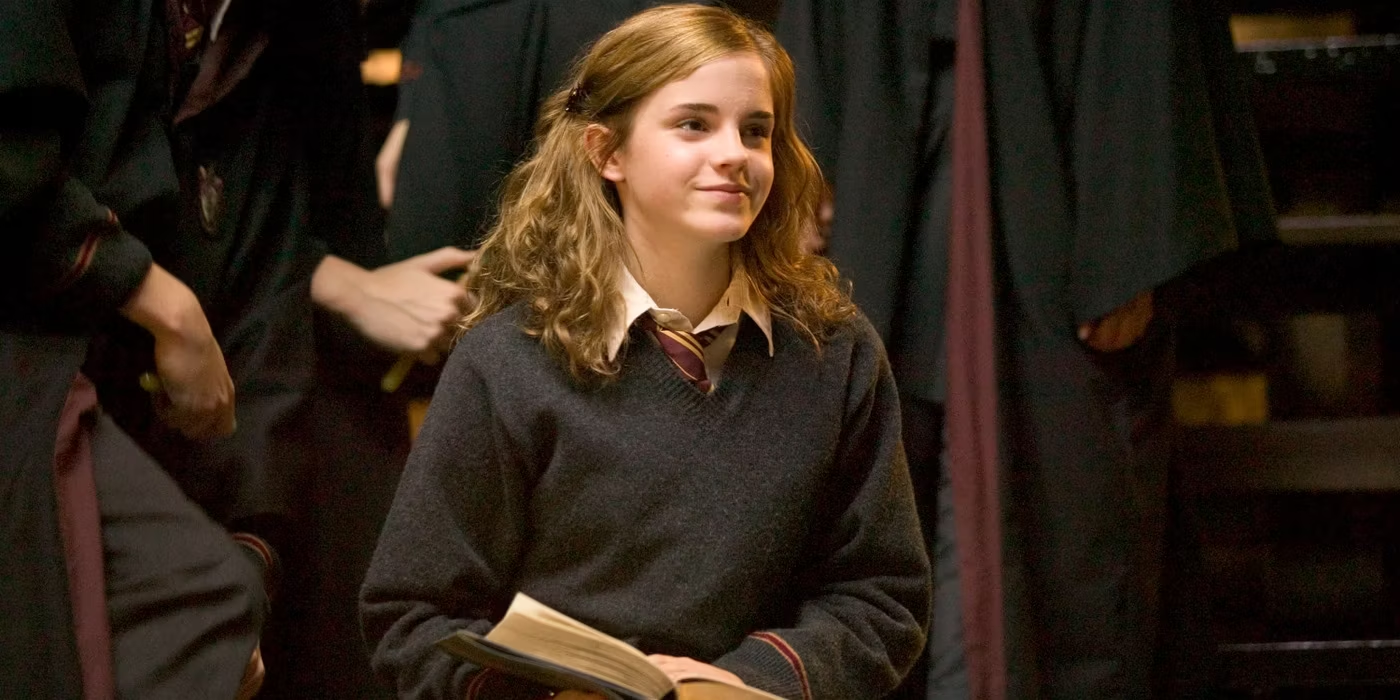
Emma Watson’s reflections on her time working with David Yates reveal not only the challenges faced by actors in bringing such a fantastical world to life but also the personal growth and artistic satisfaction derived from overcoming those challenges. As the Harry Potter series continues to enchant new generations of viewers, the contributions of David Yates and the enduring strength of the actors’ performances ensure that its magic never wanes.
